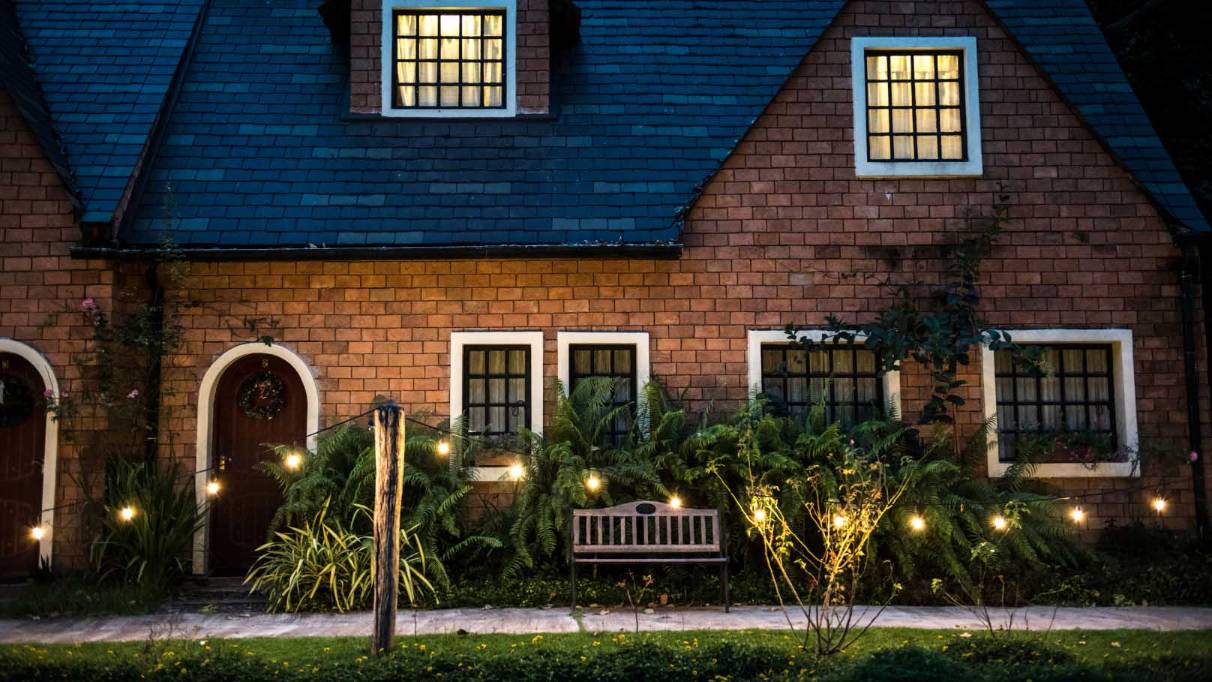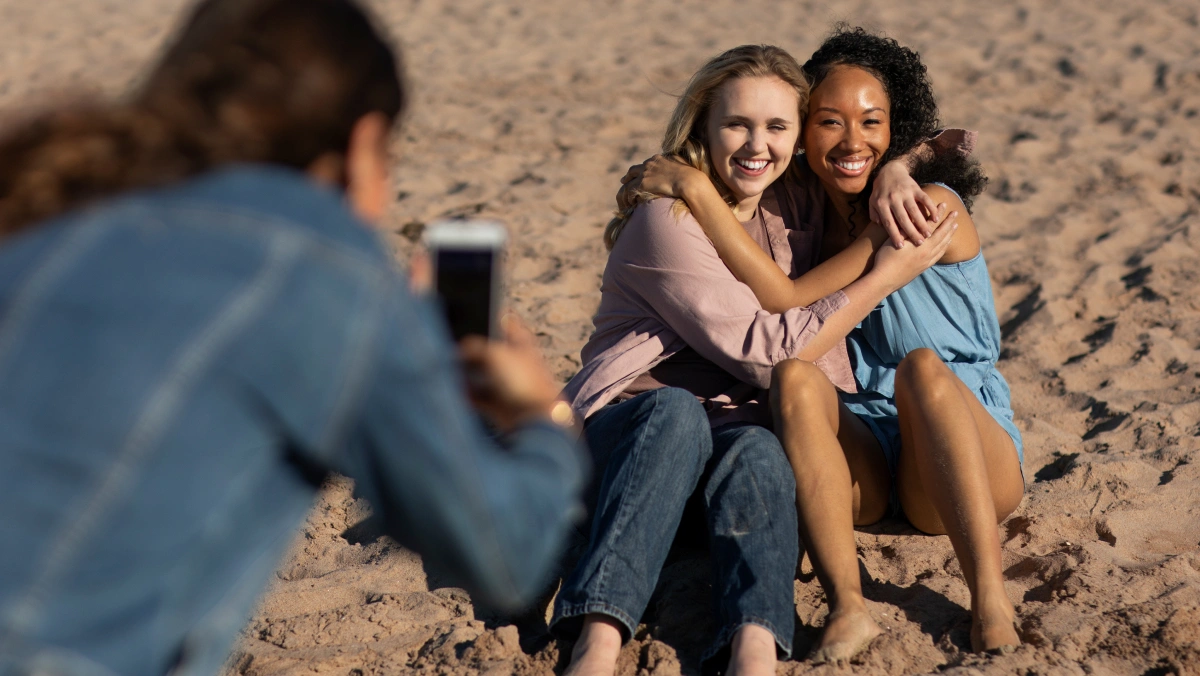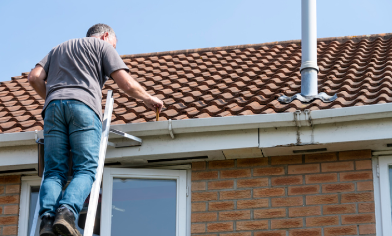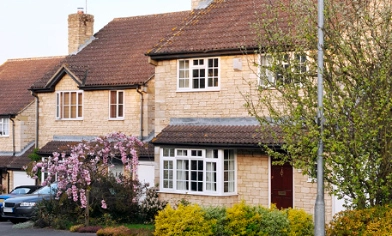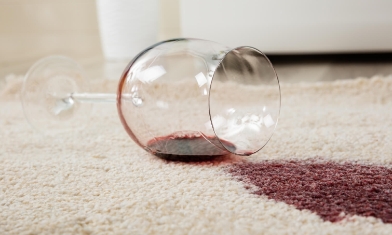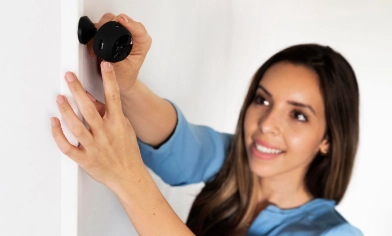Keeping your home safe while you’re away on holiday
Going on holiday is a great way to relax and take a break from your daily work life or chores. But when you leave your home empty, it can be at risk of things like break-ins, water leaks, or other unexpected problems.
To keep your home safe and avoid issues with your home insurance, should you need to make a claim, it's important to take steps to secure it. In this article, we'll look at easy and practical ways to protect your home while you're away.
1. Make your home look occupied
Criminals often target houses that look unoccupied, so one of the easiest ways to deter burglars is to make it appear someone’s home.
Plug lamps or other electronics into timer switches to create the illusion of activity. It’s best to do this with LED lights as they’re safer and more energy efficient.
Smart plugs and switches make setting timers easier than ever. You can vary the time devices turn on and off, so it’s not obvious they’re automated. You can even control them remotely from your smartphone.
Avoid other obvious signs of absence, too. For instance, don’t leave bins out long after collection day or allow newspapers and mail to pile up.
By giving the impression that someone is home, you make your property less attractive to potential thieves.
